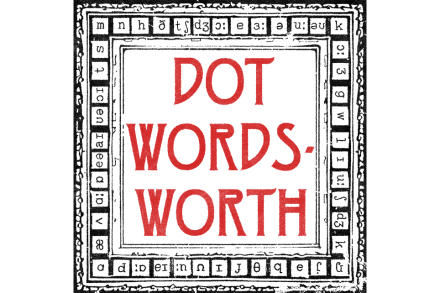A visit from the left-whingers
The Americans wanted an argument and they weren’t going to take no, or indeed yes, for an answer. They arrived late at night and parked their car width-ways across the driveway, blocking it, while ignoring the parking area a few feet further on where there is space for about ten cars around a central fountain. I went out and asked them politely to move and they said they would, when they were ready. But first they wanted to stand on the driveway and complain about the cost of the hire car, the narrowness of the Irish roads, and the fact that their flight had taken nearly two days with three







